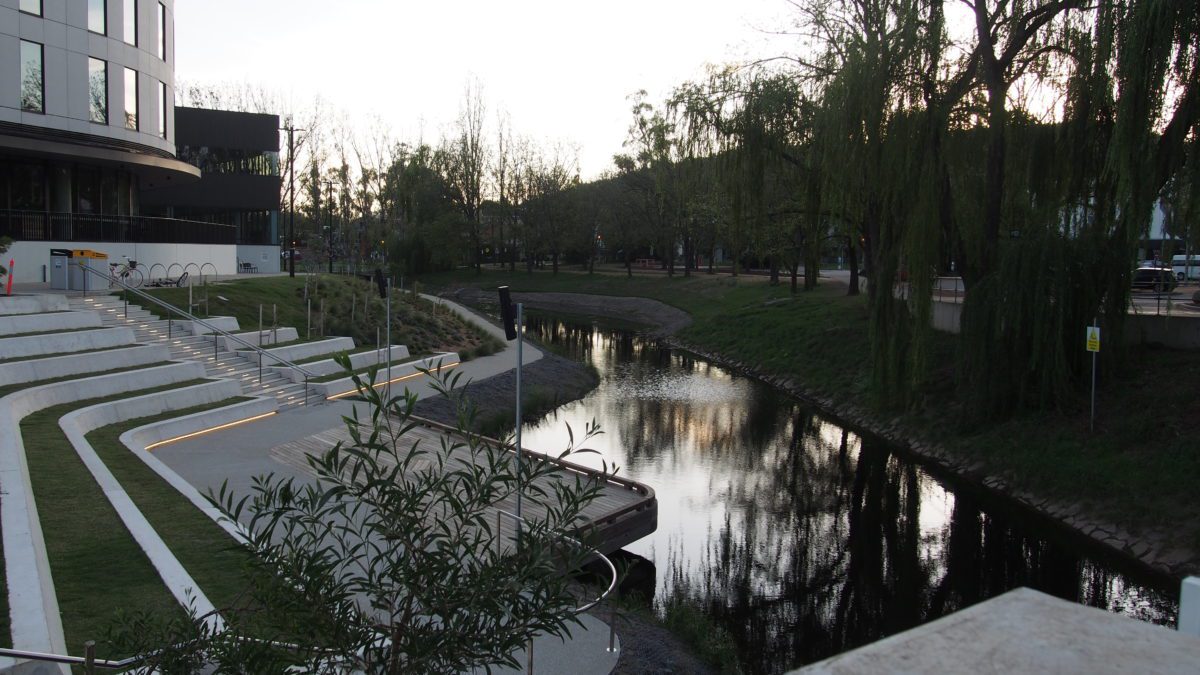On Friday, the federal government announced that student fees for those studying the humanities will more than double. This would place humanities in the highest fee band, alongside law and commerce degrees. Law and commerce will also see a fee increase of 28%.
Other degrees, notably those seen as ‘employable’ by the government, will see fee decreases. Agriculture and maths, for instance, will receive a 62% decrease in costs for students. Almost all courses that received fee cuts fall under the umbrella of STEM.
Student advocates nationwide have condemned the government’s decision.
In a recent statement, the National Union of Students (NUS) wrote:
Universities are not job factories and tailoring fees around that premise will hurt our sector in a time where we are already facing billions of dollars lost and hundreds of staff cuts.
The NUS made further calls against increased funding, making reference to lackluster federal response to the financial losses of universities in wake of the COVID-19 pandemic.
Within ANU, ANUSA’s education officer Skanda Panditharatne echoed the NUS’ sentiment:
ANUSA will vigorously oppose any fee increases for university students, in conjunction with the National Union of Students. We’ve beaten this government once before on fee deregulation, and we will again show them that students will passionately defend their education.
Panditharatne also noted that while fee decreases in STEM courses are positive, this should not be countered by increasing Arts prices. He emphasises that this makes the Arts, which is often a useful pathway into university for disadvantaged students, inaccessible and does not take into account the career opportunities and educational assets these degrees provide.
NUS and ANUSA alike further express derision for the sentiment that universities should be considered job factories as opposed to educational facilities. Panditharatne writes:
University shouldn’t be just a place to learn ‘job-relevant’ skills, it’s a place where people grow themselves, embrace their curiosity, and explore research that is valuable to our humanity, not just our job prospects.
Outside of student advocacy, some have posed concerns for what this will mean for the future of humanities in Australia. As reported by the ABC, those working in the field have expressed concern for job stability; especially when considering the fragile state of university finances in 2020.
In response to the policy changes, Vice-Chancellor Brian Schmidt released a statement which encouraged potential students to consider the Arts despite the increased fees:
I want all of those potential students to remember that degrees in those areas produces an average lifetime additional financial benefit to those graduates in excess of $500,000 – dwarfing the extra HECS contribution
Schmidt also argues that these changes will have notable issues for the university holistically:
The problem I see for the University (rather than for the individual students) is in the science, math, and engineering areas, because the total amount of money we get per student in these areas drops dramatically, whereas the total funding in CASS, CAP, Law, and CBE will actually increase.
Moreover, Schmidt condemns the timing of this policy, noting that it has occurred during a time wherein university funding needs to be increased.
We acknowledge the Ngunnawal and Ngambri people, who are the Traditional Custodians of the land on which Woroni, Woroni Radio and Woroni TV are created, edited, published, printed and distributed. We pay our respects to Elders past and present. We acknowledge that the name Woroni was taken from the Wadi Wadi Nation without permission, and we are striving to do better for future reconciliation.
